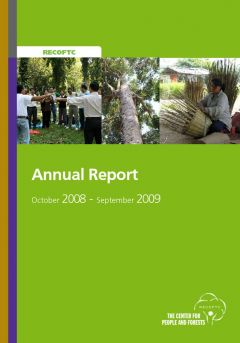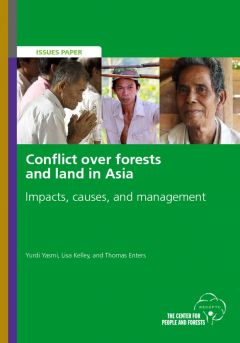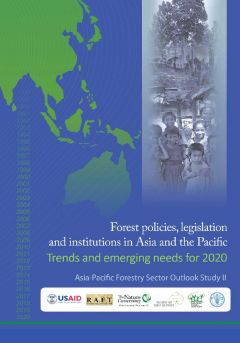Trouble in the Forests? Carbon, Conflict, and Communities
A single word can describe the history of forest management in the region: conflict. Too often this happens because local people are excluded from decision-making and the benefits of forest management. REDD+ is a proposed mechanism to make forests more valuable standing than destroyed. This media brief looks at the reasons for forest conflict and how REDD+ could impact this contested terrain.






